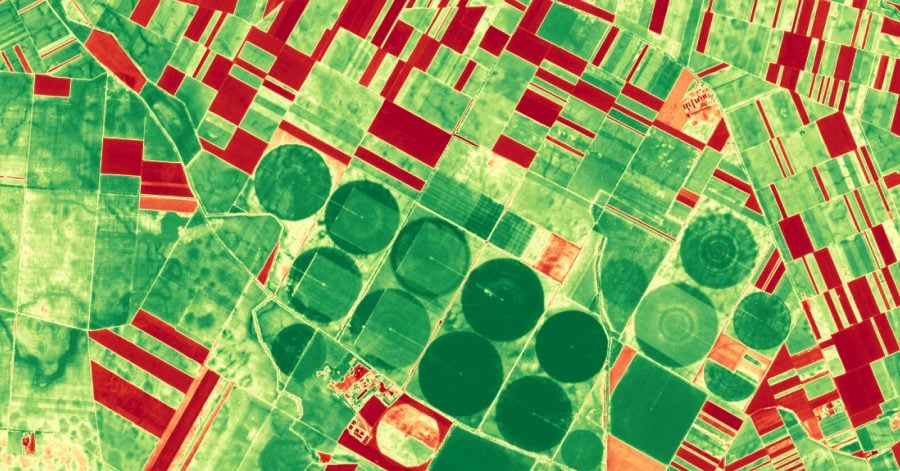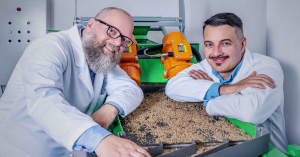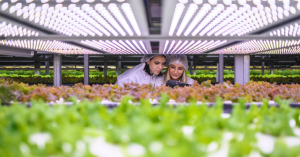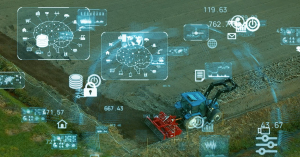Novi Sad-based R&D biotech institute BioSense will work together with NASA on a project that aims to mitigate climate change effects on Serbian agriculture. The monitoring system that BioSense and NASA are developing looks to use satellite imagery for the improvement of Serbian water and land resource utilization. The project will run until 2024, and according to BioSense, it will focus on answering how climate change can affect Serbian agriculture.
“NASA is known to us all for the Space Shuttle and landing on the moon, but a large part of their operations are aimed at observing the Earth. Together with our American colleagues, we will analyze satellite images of Vojvodina, try to answer the question of how climate change will affect domestic agriculture and the environment, and what specifically we can do to increase production efficiency and maintain biodiversity,” the assistant director for innovation and cooperation at BioSense, Oskar Marko tells The Recursive.
According to the Serbian institute, climate change effects can already be seen in changes in water levels in the Southern Danube basin.
“In order for the agricultural sector to adapt to climate change in the right way, it is important to understand the trends in agriculture, on the basis of which seedtime can be changed, sowing and harvesting dates shifted, and the duration of the agricultural season adjusted,” BioSense said in a statement.
Turning to AI and automation to increase resilience in the agricultural sector
BioSense is already engaged in several other projects within the EU’s Horizon 2020 program, such as developing flexible robots for intelligent automation of precision agriculture operations, and AI-based tools for early prediction of wheat yield.
According to the institute’s director Vladimir Crnojevic, the development of such projects is essential for the digitalization of agriculture.
“The product of BioSense is knowledge. Currently, the most important starting point for agricultural development is data. By sharing data and knowledge through cooperation with top scientific institutions and investing in research, intellectual capital is multiplied, new ideas and solutions are created that will make agriculture more efficient,” Crnojevic said in a statement.
At the end of last year, most Western Balkans countries joined the Horizon 2020 program, worth more than €95 billion and aiming to develop science and industrial leadership, as well as tackle societal challenges.
According to a recent study, the agriculture sector in almost Western Balkan countries is faced with various climate change-related challenges. Therefore, experts also note that many efforts should be made to develop programs that improve the quality of agriculture as a whole, while addressing climate change.
“Climate change is one of the key factors that threaten agriculture; we need to recognize the consequences and enable agriculture to deal with them. Digitalization is a key factor for that – through databases of different types on the one hand, and on the other hand as a way to quickly exchange knowledge and experiences from different sectors,” Skopje-based environmental expert Emina Rustemoska tells The Recursive.
According to her, climate change will inevitably accelerate agricultural innovation.
“For instance, climate disasters that can cause damage are becoming more frequent, and this can greatly lead to less and less interest in farming, which for us as a region would have enormous consequences, increasing dependence on food imports and other agricultural products.” Rustemoska concludes.








